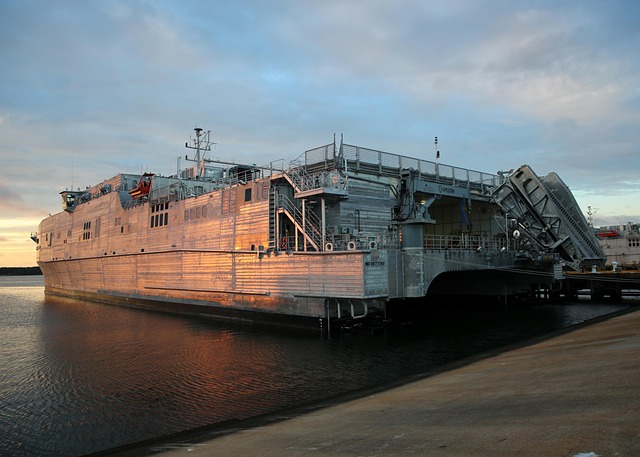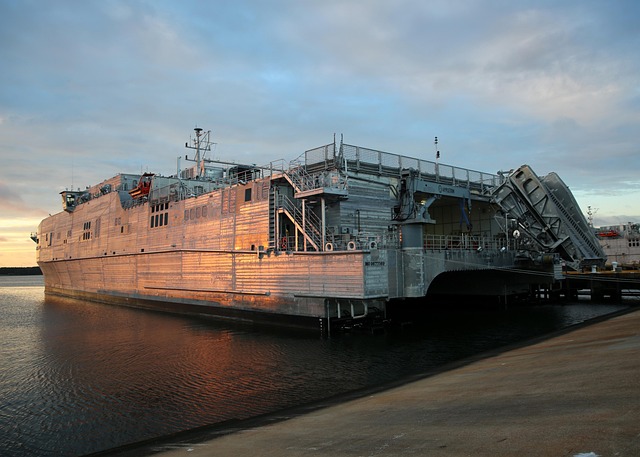Military bases significantly boost local economies through their substantial impact on real estate markets. Base construction and maintenance create jobs, drive up housing demand and property values within a certain radius, and attract investors, fostering dynamic markets. This 'base effect' or 'military-driven real estate' stimulates nearby businesses, encourages infrastructure investments, and enhances the overall quality of life for residents. Military bases thus act as catalysts for economic growth, providing employment opportunities while significantly contributing to regional economies through their symbiotic relationship with surrounding communities.
Military bases more than just defensive fortresses; they can be powerful catalysts for local economies. This article explores the intricate relationship between military installations and real estate markets, delving into their significant economic impact. We analyze how base operations boost property values, create jobs, and stimulate long-term growth. Furthermore, we discuss community-military collaboration, highlighting opportunities in shared land use while navigating challenges to balance training needs with local development. Through case studies, we demonstrate successful integration strategies that maximize economic benefits while fostering harmonious coexistence.
The Economic Impact of Military Bases on Local Real Estate Markets

Military bases, beyond their strategic significance, play a pivotal role in the economic landscape of surrounding communities. The presence of a military base can significantly boost local real estate markets. This is evident through several factors. Firstly, the construction and maintenance of the base itself generate employment opportunities, leading to increased demand for housing. As a result, property values tend to rise due to the high demand.
Moreover, the influx of military personnel and their families often creates a ripple effect in the local community. These residents require accommodation, which further stimulates the real estate sector. Additionally, military bases often bring with them various infrastructure developments, such as roads, schools, and commercial facilities, enhancing the overall appeal and value of nearby properties. This, in turn, attracts investors and home buyers, ensuring a thriving and diverse real estate market.
– Analysis of increased property values and demand

The presence of a military base can significantly impact the local real estate market, leading to notable changes in property values and increased demand. This phenomenon is often referred to as ‘base effect’ or ‘military-driven real estate’. As military personnel and their families relocate to support base operations, there’s a direct boost in housing requirements. Consequently, property prices tend to appreciate, especially within a certain radius of the base, due to high demand and limited supply.
The economic ripple effect extends beyond residential areas; local businesses benefit from this influx as well. Service providers like contractors, retailers, and restaurants may experience heightened activity, contributing to a healthier local economy. Moreover, the increased property values can encourage investments in infrastructure development, enhancing the overall quality of life for residents nearby.
– Discussion on the creation of local jobs through base operations

Military bases, beyond their primary function of housing and facilitating military operations, contribute significantly to local economies through job creation. The base’s presence can spur a ripple effect in the region’s job market, offering opportunities for both skilled and unskilled labor. From maintenance and logistics to administration and support services, various sectors benefit from the economic boost provided by the base. This influx of jobs can lead to increased local spending power, stimulating further economic growth and development in nearby communities.
The impact is particularly evident in areas where real estate is a key industry. Military bases often require extensive infrastructure and facilities, leading to construction projects that engage local contractors and developers. Additionally, base personnel’s housing needs can drive up demand for residential properties, fostering a healthy real estate market. This mutual dependence creates a robust economic ecosystem where the base supports local jobs, and in turn, the community contributes to the base’s sustenance.






